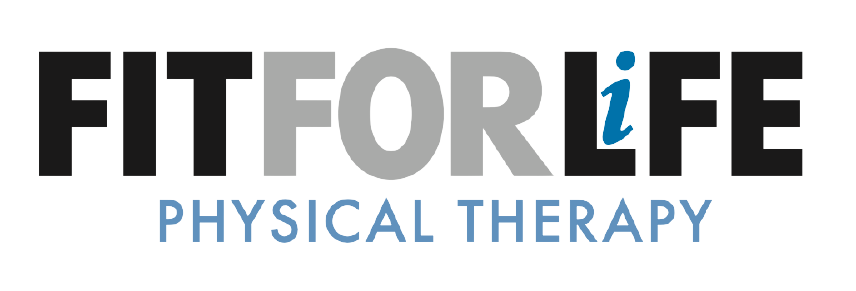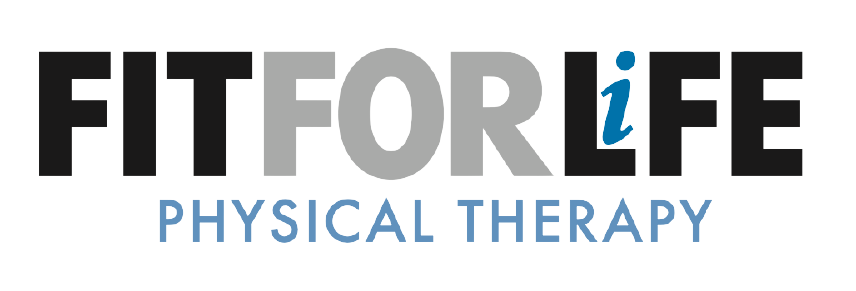Tibialis Posterior Tendinopathy Recognition and Treatment
Fit For Life Physical Therapy
The tibialis posterior (or posterior tibialis or, simply, posterior tib) muscle is deep on the inside (medial portion) of your calf. This muscle becomes a tendon as it passes behind your medial ankle bone (the malleolus portion of the tibia bone) and inserts into several bones in your foot.
The posterior tib helps to plantarflex (point your foot down), invert (turn your foot in), and support the medial arch of the foot. The tendon can get irritated if it is loaded during running or walking with more than it can handle. This extra loading can occur with sudden changes in training such as an increase in mileage or intensity and when wearing worn-out shoes.
Classic symptoms of tibialis posterior tendon injury are pain on the medial calf, ankle, and/or foot, as shown below. Another sign is being unable to perform a single leg heel raise and difficulty with running and jumping activities.
What’s the plan to rehabilitate this injury?
Reducing or modifying aggravating activities: If running is an aggravating activity, this may mean decreasing your mileage or intensity so that when you run, your symptoms are not increasing. A good rule of thumb is keeping your pain levels at 4/10 or lower. If you feel that this pain is causing you to limp when walking or running, it may be beneficial to take a break and incorporate some cross-training. Supplementing your training with biking or swimming will help to maintain fitness.
Progressive strengthening: Another key part of rehabbing this injury is exercises tailored to your individual weaknesses. Research shows that people with tibialis posterior tendinopathy have decreased single heel raise strength, decreased hip extension strength & endurance, decreased hip abduction endurance, decreased ankle range of motion in dorsiflexion, and decreased balance. In simpler terms, improving strength proximally at your hips, improving the strength & flexibility of your calves, and improving the mobility in your ankle can all help decrease the stress on this muscle.
Being evaluated by a Physical Therapist can help determine where your imbalances in strength or flexibility are. Additionally, looking at your shoes and possibly off the shelf inserts or custom orthotics can help to decrease the load on the tibialis posterior.
One exercise to specifically target the tibialis posterior muscle is a ball heel raise. To perform this exercise, stand next to a table or chair for balance. Place a ball between your heels as pictured. Slowly raise up onto your toes, pause, and slowly lower down. Repeat 10-12 times. Perform 2-3 sets as tolerable.
Gait mechanics: Poor running mechanics can also contribute to irritation of this tendon. Having your running gait evaluated by a Fit For Life Physical Therapist is key to seeing if there are any changes you can make to decrease the stress on this muscle. Research supports that running with a wider gait and increasing cadence by 5-10% can decrease the stress on the tibialis posterior.
If you have tried some of these recommendations and are still having pain, Fit For Life Physical Therapy is here to help! Our specialized physical therapists can evaluate your running form, determine if you have muscle imbalances, provide you an individualized exercise program to improve your running or walking, and work with Fleet Feet + FrontRunner to give you footwear recommendations…all to keep you pain free.
Fit For Life Physical Therapy cares for people of all activity levels - to help prevent, recover from, or rehabilitate sports & orthopedic injuries. We are proud to move people every day.
Please visit our website https://www.fitforlifephysicaltherapy.com/, email us at info@fitforlifephysicaltherapy.com, or call or text us at any of the phone numbers for our three convenient locations inside Fleet Feet/FrontRunner stores:
Polaris: 1270 East Powell Road Lewis Center, Ohio 43035 ~ 614-981-2065
Upper Arlington: 1344 West Lane Avenue, Columbus, Ohio 43221 ~ 614-981-1979
New Albany: 5792 North Hamilton Road, Columbus, Ohio 43230 ~ 614-581-7441



